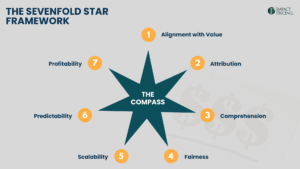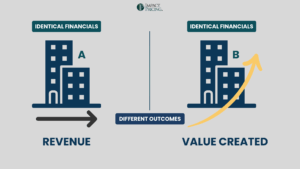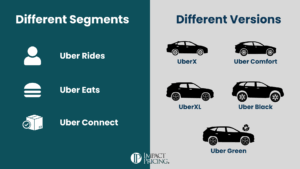What is Useful About Reference Prices?
A reference price is what a buyer expects to pay. If your price is above that, it’s very hard to make a sale. If your price is below that, buyers are much more likely to buy.
A Story from India
One of my favorite examples of this happened in 2018.
I traveled to Bangalore, India with my CEO at the time. Turns out he was born and raised in Bangalore, so he was happy to show me around. One night, we had a great dinner. Afterwards, we walked out to the street and there was one of those 3 wheeled open air “taxi-cabs.” You see them a lot in India, but I had never taken one.
My boss asked the driver how much to get back to our hotel. Of course, he spoke the native tongue, but I’ll pretend it was all English so I can tell the story. The driver replied, “200”. My boss countered with 75. The driver said no so we walked away. A minute later, the driver came up to us and offered the ride for 150. My boss said, “100”. The driver said no and again we walked away. Eventually, the driver approached us and took us to the hotel for 100.
Riding in the back of this tiny little machine, I asked my boss, “How much did we just save?” He replied, “75 cents.” I laughed out loud and then he said, “It’s the principle. You can’t just pay them what they ask.”
Your Buyers’ Price Expectations Are a Powerful Force
Our time was worth way more than 75 cents, but – my boss had an expectation that whatever price they quote would be too high and we had to negotiate it down. It wasn’t our willingness to pay that drove that behavior. Instead, it was our willingness to accept a deal. We didn’t want to be taken advantage of.
Your buyers are just like this. If they think they should pay one price and you charge a lot more, it will be very hard to close the deal. Think hard about how your actions set price expectations in your buyers’ minds.















